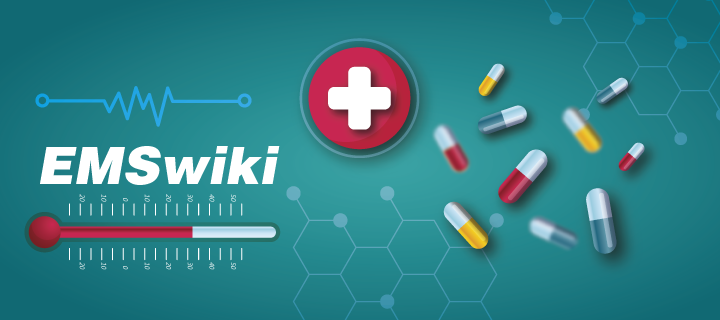
Genetic Diseases: Discovering Hidden Causes
In-Depth Look at Genetic Diseases and Their Impact on Human Health
What are genetic diseases?
Genetic diseases are health issues caused by abnormalities or changes in genes.
These mutations can be inherited from parents or occur spontaneously and primarily affect our DNA. Genetic diseases impact individuals physically, mentally, or behaviorally in various ways. There are thousands of them, each with unique symptoms that affect daily life. Research has made progress in understanding their causes and treatments, providing hope.
Types of diseases
Genetic diseases are categorized as monogenic, complex, or chromosomal. Monogenic diseases, like cystic fibrosis, result from a mutation in a single gene. Complex diseases, such as diabetes, involve multiple genes and environmental factors interacting. Chromosomal diseases, like Down syndrome, result from chromosomal abnormalities. Causes can be inherited, environmental, or spontaneous mutations.
Consequences
Genetic diseases have a significant impact on the health and well-being of affected individuals and families. They can cause physical defects, cognitive disabilities, heart problems, neurological disorders, and more. The impact varies depending on the severity of the condition and its management. Many require ongoing treatment and specialized care to manage symptoms and improve the quality of life for both patients and their caregivers.
Genetic diseases are increasingly studied
Scientists aim to identify genes linked to diseases and develop targeted treatments. They also work on prevention, which remains a major focus of study along with potential cures. New techniques like genomics and gene therapy bring hope. But obstacles remain: access issues, complex genetics, ethical concerns. More research means better lives for genetically affected individuals worldwide.
Sources


